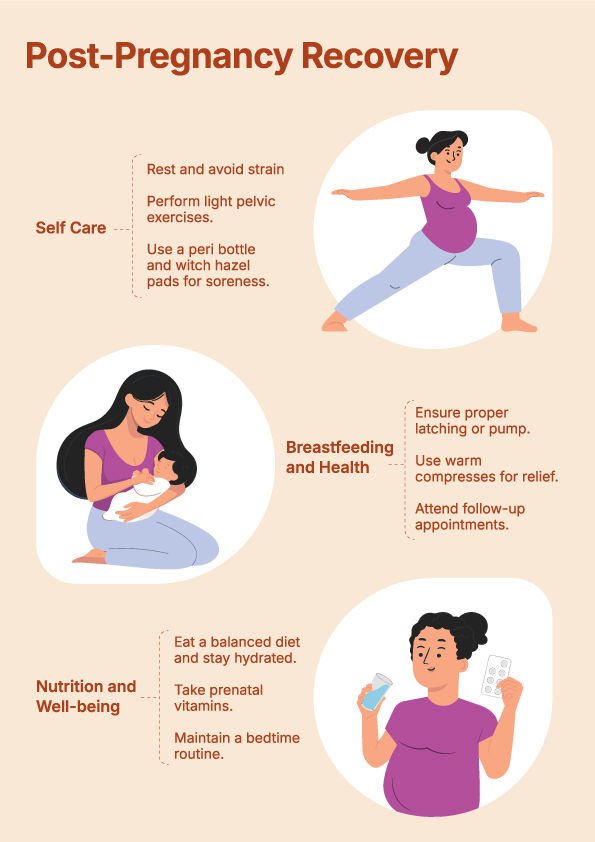When I had my two children via C-section, I was overjoyed but also completely overwhelmed with everything—especially the changes in my body. It felt like everyone was focused on the baby, which made sense, but I quickly realised I needed to take care of myself too. I remember feeling drained, both physically and emotionally, and it wasn’t easy to balance everything. But I learned that nourishing my body with the right foods was the key to feeling better.
As a new mum, you often put yourself after everything while caring for your baby. But nourishing your body is just as important for healing, whether you’ve had a C-section or vaginal birth and whether you’re breastfeeding or not. Eating well helps restore strength, boost energy, and support mental well-being.
Here, I’ll share key nutrients, postpartum foods, and dietary tips that helped me recover. I hope they bring you the same support and strength as you navigate this beautiful but often exhausting chapter of motherhood.


